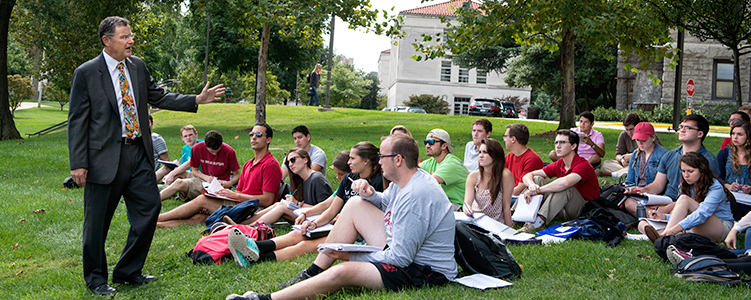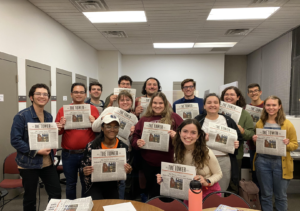Saving Money, But Not Students?

By The Tower Staff
The Tower reported last week that the University is considering changes to the budget that would potentially lead to lay offs of faculty here at Catholic, from the adjunct level to tenured status. These budget proposals are very much still in the works, but based on the feedback we received from professors, it is a curious plan with no clear end goal in sight other than the obvious one, saving money. Business is business, and decisions like this have to be made. But how will a restructuring in the faculty affect the people the university cares the most about, its students?
There are a number of issues that may arise with these changes for students. In the proposed plan, the classes that laid off faculty were responsible for will be added to the workload of remaining professors. So a professor would take on a class and could go from having 85 students to a number like 120 students. These professors will have less time to be available for office hours, for feedback on papers and assignments, and for things like writing letters of recommendation. Professors will struggle to find time to do their own research in their respective fields, as well as aiding undergraduates in their own research efforts. With an increase in the number of classes they are responsible for, professors at Catholic will not be able to give the same amount of effort to each of their students that they once did. You cannot have the same quality with this increased quantity.
For many, the idea of small class sizes was a considerable factor when it came to deciding on a college to attend. “Teacher to student ratio” is a phrase that grabs the attention of both prospective students and parents alike on a campus tour. Most Catholic University undergraduates probably feel better off about their class of 25 students than their friend’s lecture class of 350 students at the respective state college. This factor begins to lose its credibility, though, when the amount of those 25 student classes goes up for a professor to teach. Having a relationship with your professor is a great perk of going to a smaller university, but a decision like the one Catholic is considering could be detrimental to these ideas. Its effects may be subliminal at first, but the student and professor bond that so many seem to build here will become less common. It will be a sad (hypothetical) day when a professor goes from scheduling “get coffee with Tom at 9 AM to discuss graduate school” to “Meet with students 1-10 for more feedback on midterm papers.”







